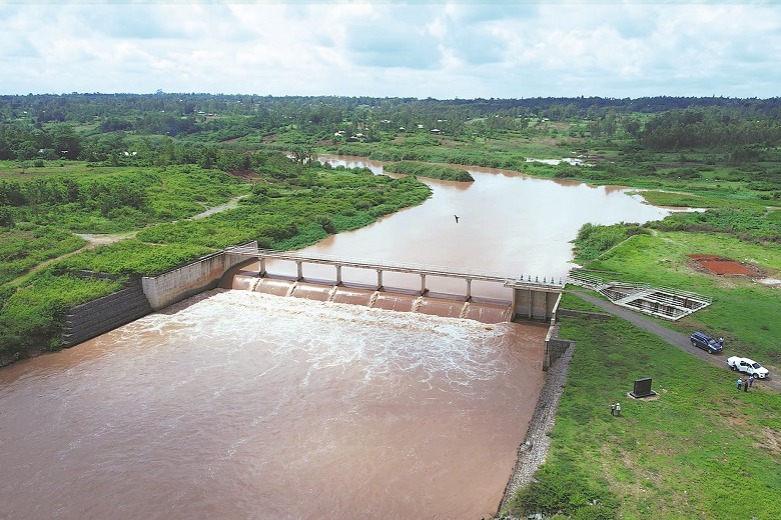Sino-Thai joint marine and polar studies urged


China and Thailand should further enhance collaboration on marine research and polar study amid the increasing challenges from climate change, as such a partnership could bring scientific solutions for sustainable development of both nations as well as the wider world, experts said at a conference.
To celebrate the arrival and docking of China's icebreaker Xuelong 2 in Thailand from Monday to Friday, a symposium was held in Bangkok on Thursday with the support of the Polar Science Consortium of Thailand, Chulalongkorn University and the Polar Research Institute of China.
The Xuelong 2, which took part in China's 41st Antarctic expenditure, is scheduled to arrive in Shanghai in June. The special detour to Thailand on its way back to China is to commemorate the 50th anniversary of Thailand-China diplomatic relations.
Speaking at the conference, one of two Thai scientists who had joined China's 41st Antarctic research at the Great Wall Research Station, said the study tour was very precious for Thai scientists when it came to marine and polar studies, and it will also contribute to Thailand's efforts at addressing climate change.
"Without such collaboration with China, we would never be able to do such a remarkable polar trip, which allows us to have firsthand information about the Antarctic," said Sujaree Bureekul, an assistant professor from the Department of Marine Science at Chulalongkorn University in Bangkok, who also traveled with Xuelong 2's research expedition to the Arctic Ocean in 2023.
China operates five Antarctic research stations in Antarctica. All of them are supported by Xuelong 2, which is notable for its ability to break ice both forward and backward, navigating through ice up to 1.5 meters thick.
"Today's symposium brings together leading minds from both nations on polar research, ocean science and environmental studies. Such exchange of ideas will pave the way for future joint research, advocacy building and youth engagement," Pairash Thajchayapong, secretary-general of the Princess Sirindhorn IT Foundation in Thailand, said at the conference.
As climate change poses a common challenge for the whole world, a deeper understanding of its mechanisms, along with proactive adaptation and mitigation strategies, has become essential for sustainable development, said Sun Shuxian, China's vice-minister of natural resources.
In his opening speech at the conference, Sun noted that China is actively exploring ocean-based solutions to address climate change, while promoting the green and low-carbon transformation of traditional industries.
These scientific and technological innovations have been actively applied to China-Thailand marine cooperation. It has also extended its impact across Southeast Asia, establishing itself as a "blue model "for regional cooperation, he said.
Under the framework of the Asian Forum for Polar Sciences, China and Thailand signed a memorandum of understanding in 2016 for cooperation in polar science research.
"We hope to renew the MoU for further cooperation between China and Thailand, boosting the future of joint polar research and international scientific cooperation in a changing climate," said Long Wei, deputy director of the Chinese Arctic and Antarctic Administration under the State Oceanic Administration.

































